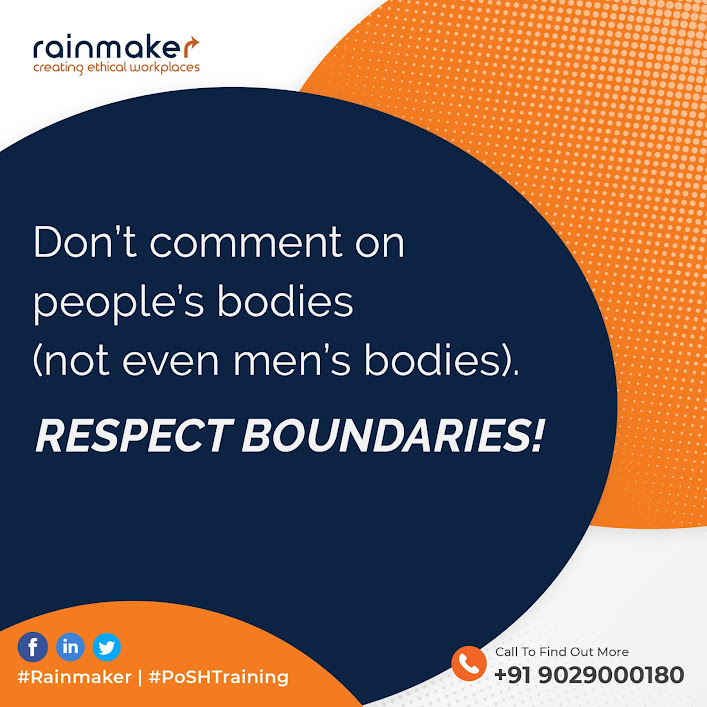Sexual Harassment Act at Workplace: Way to Deal, Curb and Report Sexual Abuse
"A strong woman stands up for herself. A stronger woman stands up for everyone else." ~ Anonymous.
The PoSH Act was brought into action in 2013 to empower an enabling environment that is completely free from sexual abuse. This was taken ahead to fill the legislative void regarding safety at the workplace. Under this Act, a person working in the company is required to abide by the laws under the PoSH Act. No sexual harassment case shall be left unexplored and justice shall prevail. The accused needs to be questioned by the ICC, Internal Complaints Committee.
Sexual Harassment Act at Workplace Training is Important
It is not always easy to understand what can be done during real circumstances of sexual harassment. This is why sexual harassment act at workplace training is important for workplaces. It assists with all the aspects - the way to deal, curb and report sexual abuse.
Under the sexual harassment act at workplace, the ICC looks after the smooth functioning of a company that is free from all sorts of sexual assault.
Verbal Way of Sexual Harassment
Verbal conduct that is offensive and related to physical abuse are also treated as sexual harassment. Words are as offensive as physical assault. Jokes, stories and comments related to sexual harassment are hostile for a workplace.
Examples of Sexual Harassment Conduct
"There remains what seems like an impenetrable wall of silence around violence and we must all play a role in breaking this silence." – Reese Witherspoon
Surveys have shown that more than 40% of females do not feel comfortable at the workplace. If someone’s behaviour or posture establishes an antagonistic work environment or impedes an employee’s accomplishment, it is supposed sexual harassment. Examples of sexual harassment are:
Sexual propositions
Forced hugs or kisses
Sexual suggestions or unwanted dates
Better employment offers for a sexual favour
Derogatory dress slurs
Sexual gestures
Sexually explicit objects or posters
Molestation
Obscene communications through web
Sexually explicit jokes
Unwanted grabbing, comments, touching or assaulting
Constant staring at body parts makes a person uncomfortable
Eve-teasing
Sexually awkward remarks and whistling
Taunts regarding body shape
Exposing private body parts
Pornographic content display.
Final Words
“The meaning and the content of fundamental rights guaranteed in the constitution of India are of sufficient amplitude to encompass all facets of gender equality.” As said by the late Chief Justice, J.S Verma, Supreme Court of India, Vishaka V. state of Rajasthan correctly describes those fundamental rights are for all genders. Sexual harassment at the workplace brings into risk the rights of women portraying them as weak.
Sexual harassment is not only a violation of the rights of women mentioned in the constitution but also degrades the psychological health of workers. It infringes Article 19 of the Constitution of India “to practice any profession or to carry out any occupation, trade or business”.
Rainmaker can help you analyse what's right for your company. It concentrates on training employees about sexual harassment act at workplace and the means to deal with them. It would further help to form an internal complaint committee (ICC).



Comments
Post a Comment